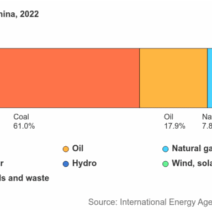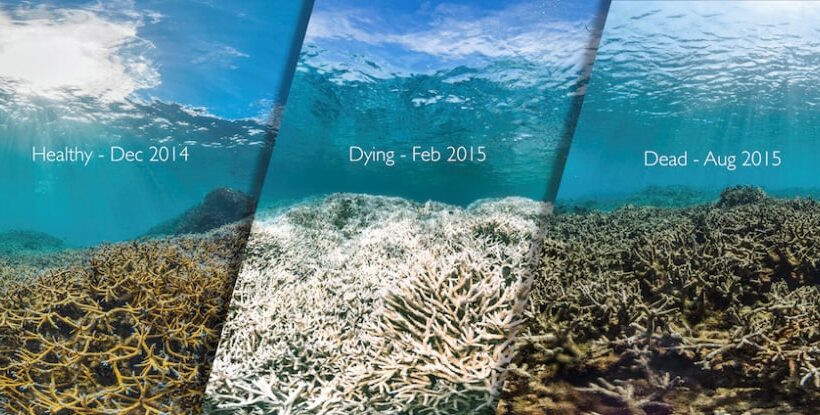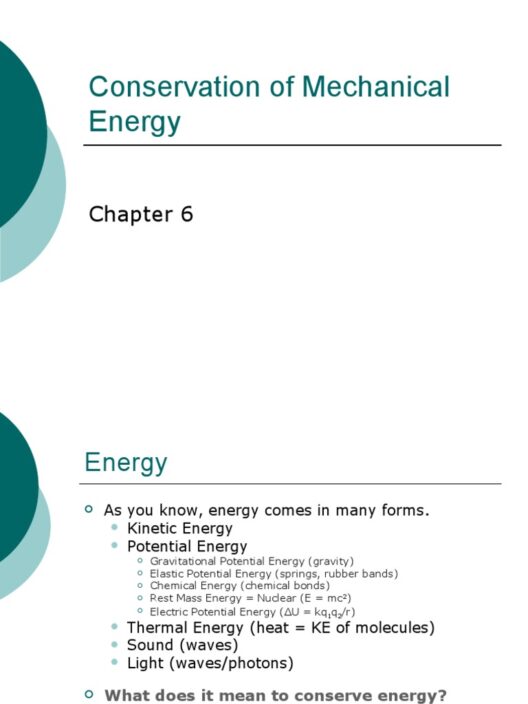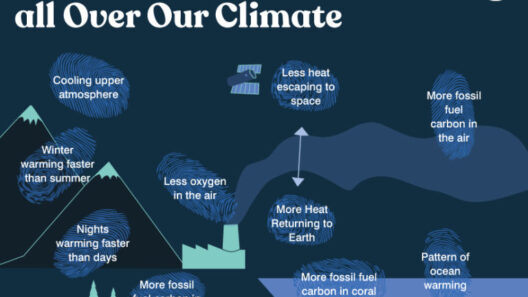Coral reefs, often described as the “rainforests of the sea,” are not merely beautiful underwater gardens; they are vital ecosystems that support an extraordinary diversity of marine life. With 25% of all marine species relying on coral reefs at some stage in their lives, the devastation of these systems poses a significant threat to global biodiversity. But one must ask: Are coral reefs dying because of climate change? This inquiry opens the door to a multitude of scientific, economic, and moral dimensions that deserve thorough examination.
The phenomenon of coral bleaching, where corals expel their symbiotic algae (zooxanthellae) due to increased water temperatures, serves as a primary indicator of the reefs’ declining health. As ocean temperatures rise, the threshold for coral survival is breached more frequently. Studies have shown that even a temperature increase of just 1-2 degrees Celsius can lead to widespread bleaching events. The repercussions are dire; once bleached, corals become more susceptible to disease, significantly impairing their chances of recovery.
Climate change also exacerbates ocean acidification, a process through which increased levels of CO2 in the atmosphere lead to higher concentrations of carbonic acid in the oceans. This chemical transformation reduces the availability of carbonate ions, which are essential for corals to build their calcium carbonate structures. The decline of the structural integrity of reefs associated with acidification is akin to a catastrophic architectural failure, threatening not only marine species but also human communities that depend on these ecosystems.
Yet, some proponents argue that the full extent of climate change’s impact on coral reefs remains inadequately understood. They contend that natural variability and localized stresses, such as pollution and overfishing, also play critical roles in coral degradation. This argument introduces a pivotal challenge to the narrative that exclusively attributes coral decline to climate change. While it is indisputable that climate change plays a significant role, the interplay between various stressors complicates the equation, making it essential to adopt a multifaceted approach to reef conservation.
Moreover, it’s not only the corals that are being affected; the communities dependent on these ecosystems are also at risk. Coastal populations around the globe rely on coral reefs for food, protection from storms, and as a source of income through tourism and fisheries. As reefs decline, these communities face economic instability. An alarming question arises: what happens to societies when the ecosystems that support them begin to collapse? Those affected may find themselves in an existential struggle, weighed down by the dual burdens of economic loss and ecological devastation.
The implications of coral reef decline extend far beyond human economies—they challenge our moral responsibility to protect the planet. What legacy are we leaving for future generations? The frameworks that guide our environmental stewardship must evolve to address this pressing issue. A singular focus on climate change fails to recognize the complexities of ecosystem dynamics and the varied forms of human impact on marine environments. This broader understanding requires immediate action on multiple fronts, including pollution control, sustainable fishing practices, and conservation efforts, bolstered by rigorous scientific research.
Public engagement plays a pivotal role in this context. How can people be galvanized to act? Environmental education is the cornerstone of effective outreach campaigns aimed at raising awareness about the plight of coral reefs. Initiatives that emphasize the intrinsic value of marine ecosystems and their contribution to global health must be prioritized. By fostering an emotional connection to these underwater wonders, individuals may be more inclined to advocate for policies that mitigate climate change and protect marine biodiversity.
Additionally, technological advancements present a hopeful avenue for supporting coral reef resilience. Innovations such as assisted evolution—where scientists genetically modify or selectively breed coral species to withstand bleaching—are gaining traction. While these methods spark ethical debates about “playing God,” they may offer a lifeline for coral ecosystems on the brink of collapse. However, reliance on these technologies should not detract from our commitment to combating the root causes of climate change, which continues to pose an existential threat to these irreplaceable ecosystems.
In conclusion, the question of whether coral reefs are dying because of climate change is intricate and multifaceted. While climate change is a primary driver of coral decline, the interplay with other environmental stressors must not be overlooked. Urgent and comprehensive actions are required to address these challenges, ranging from localized conservation efforts to global climate agreements. As stewards of this planet, we bear a collective responsibility to protect the oceans and, by extension, secure the future of both marine life and humankind. The stakes are high, and the time for decisive action is now. Together, we can turn the tide on this pressing issue and safeguard the vibrant coral reefs for generations to come.








